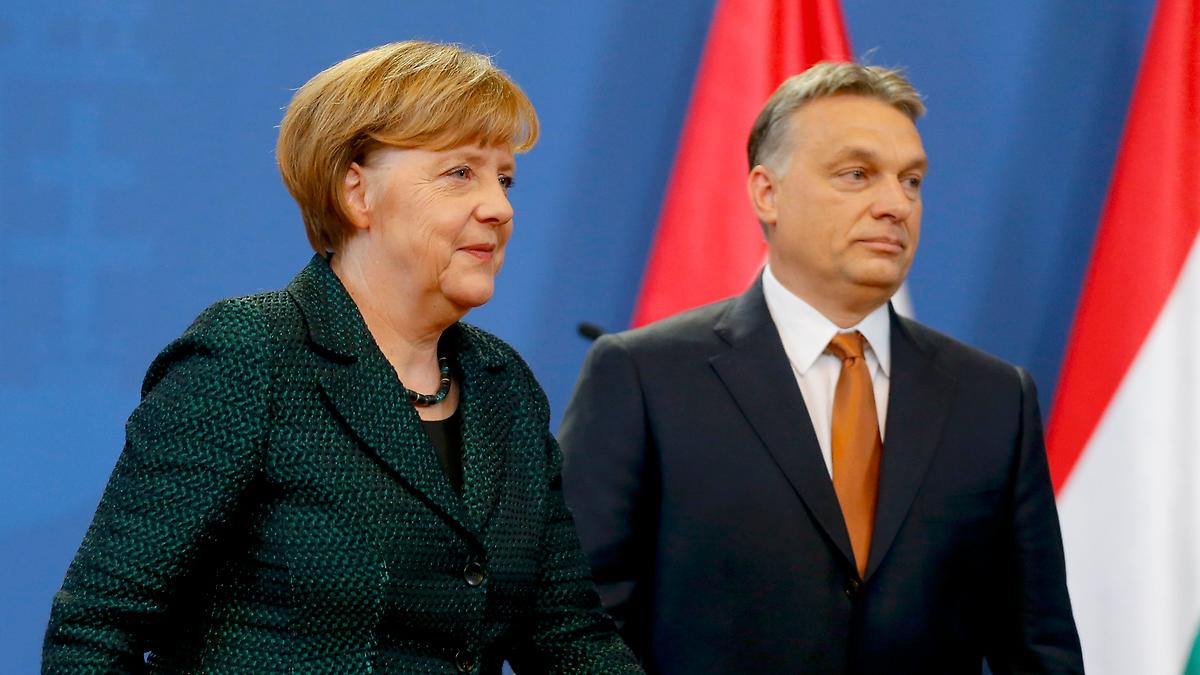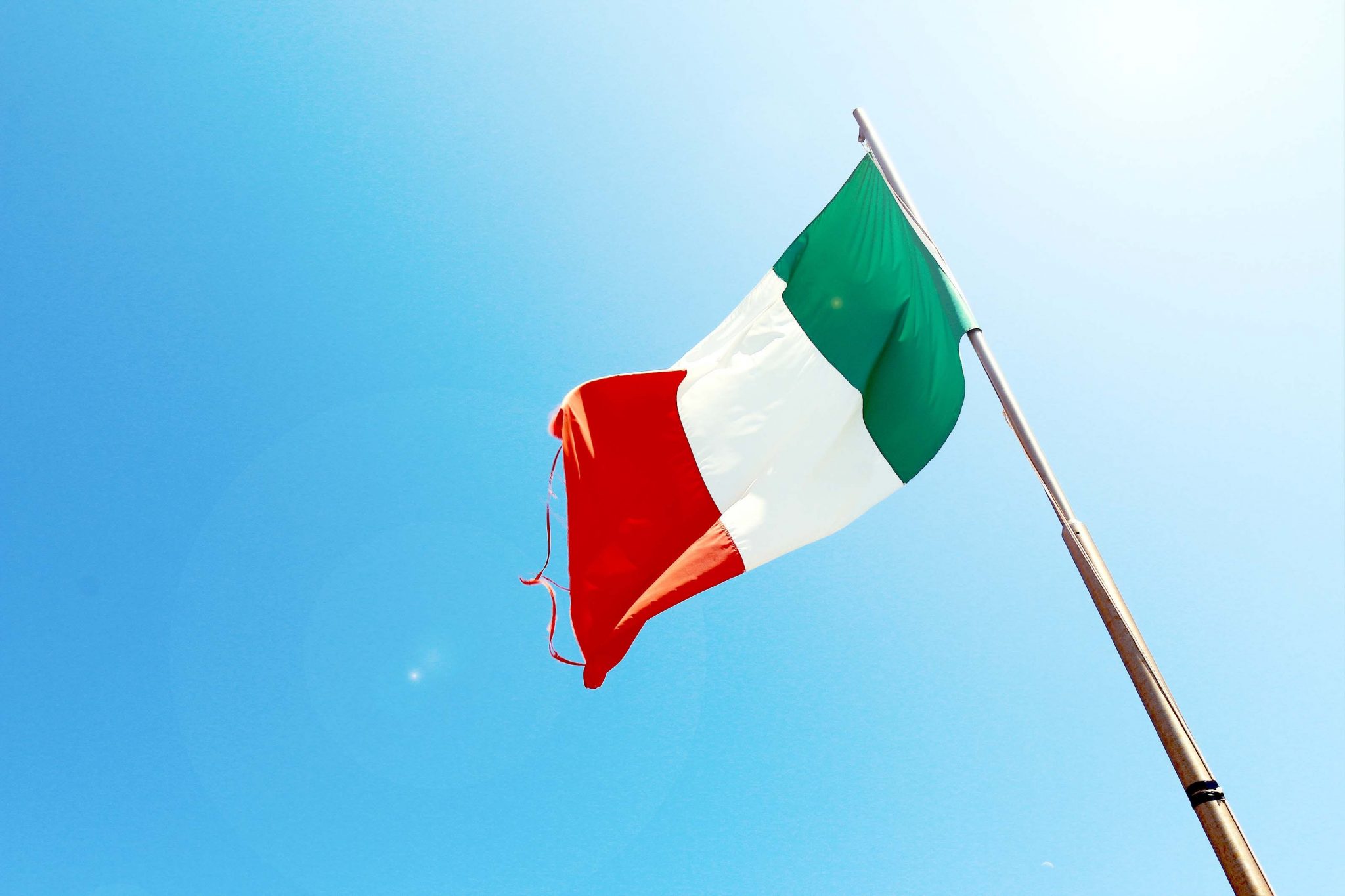
After the collapse of the USSR, the European Union set about the process of welcoming the former Warsaw Bloc states into the Union. The long and often arduous process of securing EU membership was finally achieved in 2004 /07. This ‘return to Europe’ was meant to signal new levels of European cooperation and solidarity between former cold war rivals.
Well, the refugee crisis has shown just how meaningless these idealistic goals are. Distrust, fear and acrimony has developed between the western and eastern member states that not only threatens to dismantle the progress in cooperation that has been achieved since 2004 /07, but as The President of the European Council, Donald Tusk said, could in fact lead to the disintegration of the EU.
These ill feelings have been caused by the vastly differing views of how to tackle the refugee crisis. France, Germany and the Commission believe the crisis is a European problem and thus requires a pan European solution. This has led to the Commission proposing an EU asylum policy where each member state receives an allocated number of refugees according to that state’s GDP. In comparison, most eastern and central European leaders argue that only states that ‘want’ refugees should settle them.
At the most recent meeting at the Council of Ministers, through the Qualified Majority Voting system enough member states voted in favour of relocating 120,000 refugees throughout the Union (Except UK which has an opt out). Whilst at first glance, the realisation that the member states are cooperating one may share the French Interior Minster’s view that this deal is evidence ‘of Europe taking responsibility and progress’.
However, this is naive. The Central and Eastern European States who voted against the relocation are furious. They perceive the allocation of refugees as a grave assault on their sovereignty and Orban has condemned the policy as ‘moral imperialism’. This feeling will not subside, in fact when the refugees arrive in these states the resentment towards those refugees, Brussels and Berlin will only increase. Relations between eastern and western states have reached a historic low and for the foreseeable future there is little chance of improving them.
What leads to this conclusion is that the refugee crisis shows no signs of abating. With continued instability in North Africa and the Syrian civil war going into its fifth year, people will continue to be forced from their homes and take the perilous journey to Europe. Carlotta Sami, a spokeswoman for the UN refugee agency, UNHCR, said: “The relocation plan will not be able to solve the crisis. It’s just 120,000 over two years. Considering that as of today almost 480,000 people have arrived [in Europe this year by boat], and 84% are coming from refugee-producing countries, this is clearly not enough. The EU states will have to … increase the numbers.”
This leads to the sad reality that the tensions between the member states will continue to increase as the numbers of refugees do. It is inconceivable that the central and eastern European leaders after making such a stand against Brussels and Berlin will accept more refugees after the initial allocations. With these leaders under pressure from nationalistic forces within their political parties and from the streets, the old method of resolving European crises by sitting at a table in Brussels could be nothing but a memory.
The dangers for Europe are real. The dangers are not the desperate refugees from some of the most dangerous places in the planet, the danger is that nationalism and state selfishness will awaken from their slumber and crush the politics of compromise and consensus. The toxicity that has developed between the western and eastern member states will not be constrained to the refugee crisis. It will spread to all areas of European policy. This is the danger Tusk speaks of, a European Union paralysed by fear, distrust and selfishness. If this were to occur, it conceivable that the European Union could fail
Those who would welcome this are ignorant of history and political theory. If the European Union fails, then we shall see a fully fledged return to a 19th century Europe that was defined by crude power politics, authoritarianism and zero-sum games. This would undo all the accomplishments Europeans have achieved since the establishment of the European Steel and Coal Community in 1951.
The refugee crisis presents the European Union with two simple choices. Either cooperate to establish a long term asylum policy and stabilise Europe’s periphery or retreat into nationalism and ego ism. The clock is ticking and only one of these options will ensure stability is maintained in Europe. I will leave it up to you to decide which option that is.



